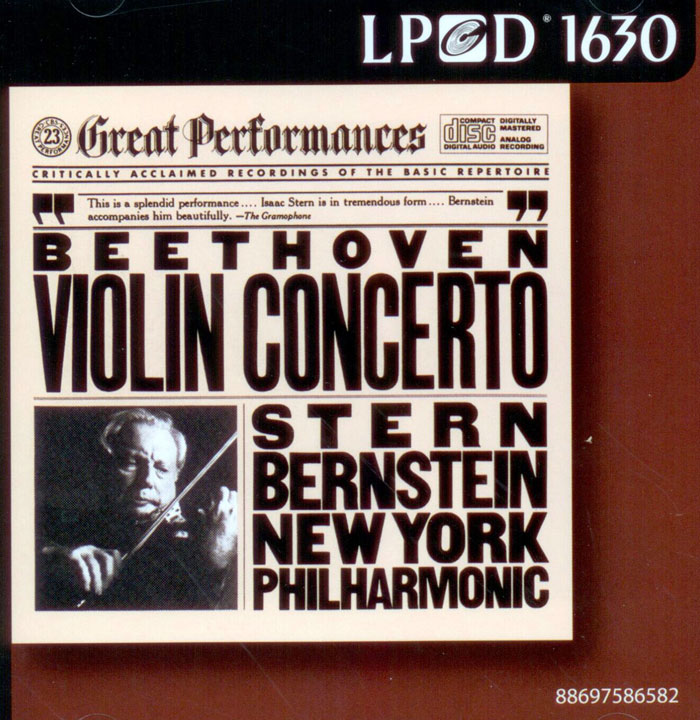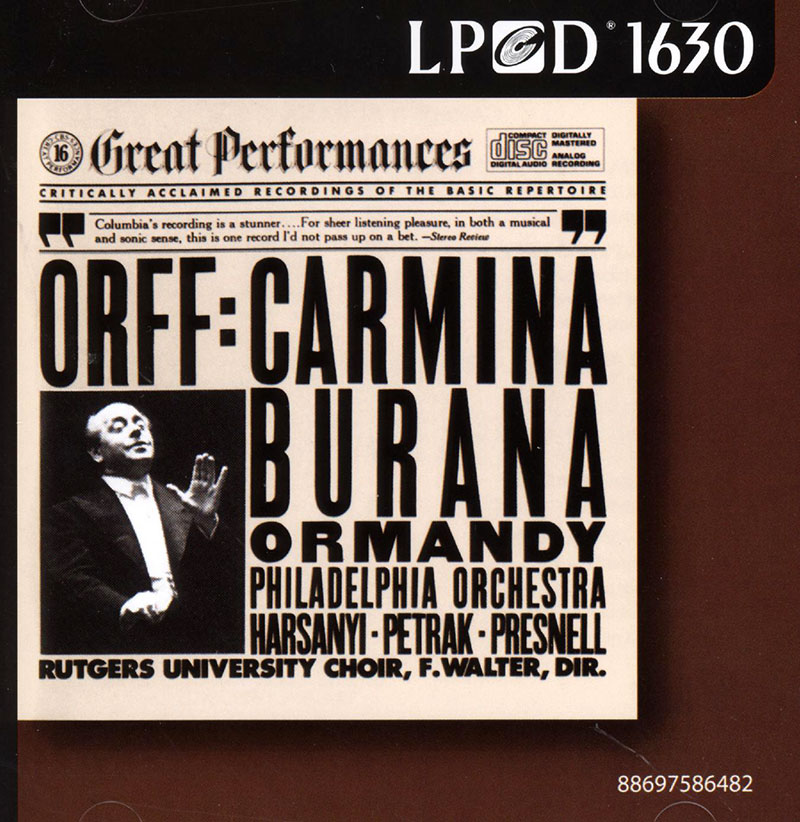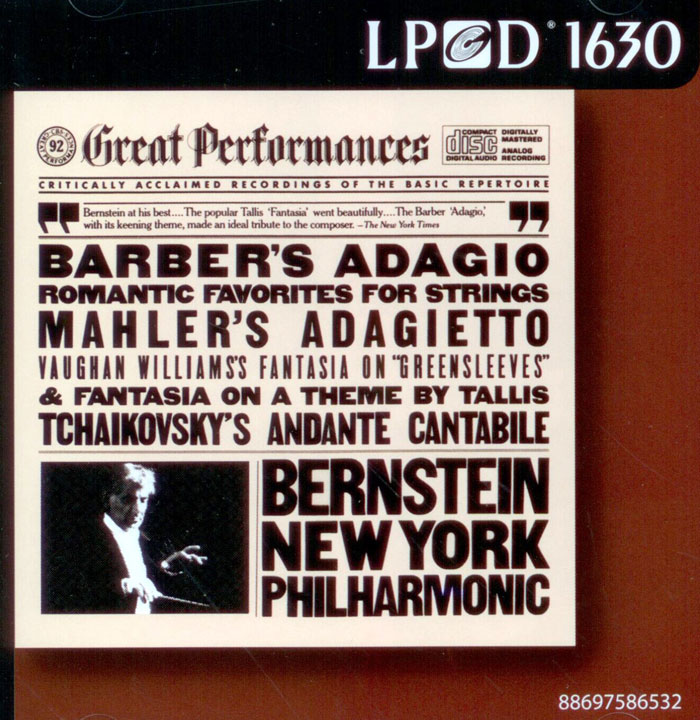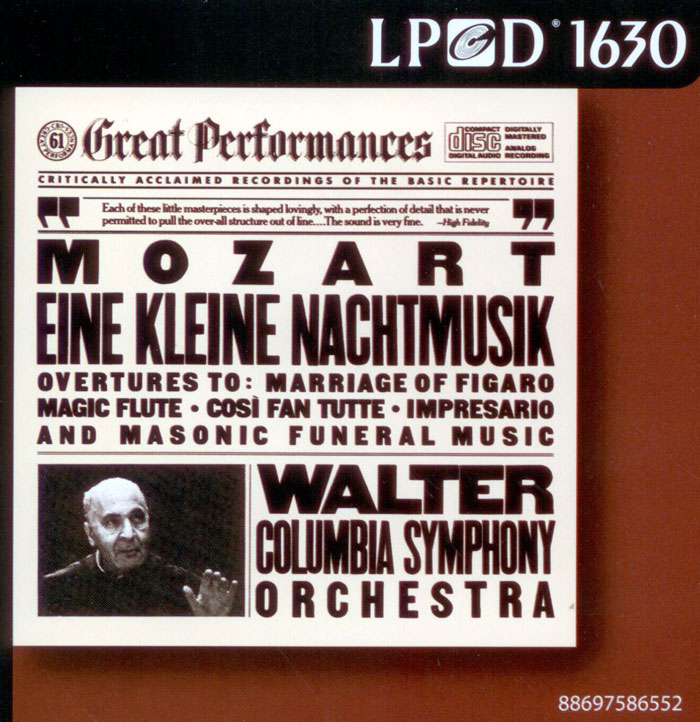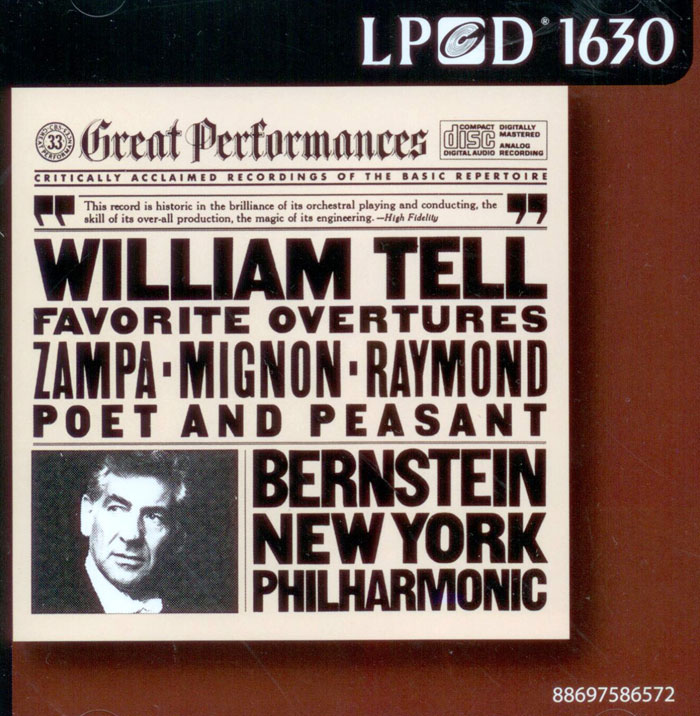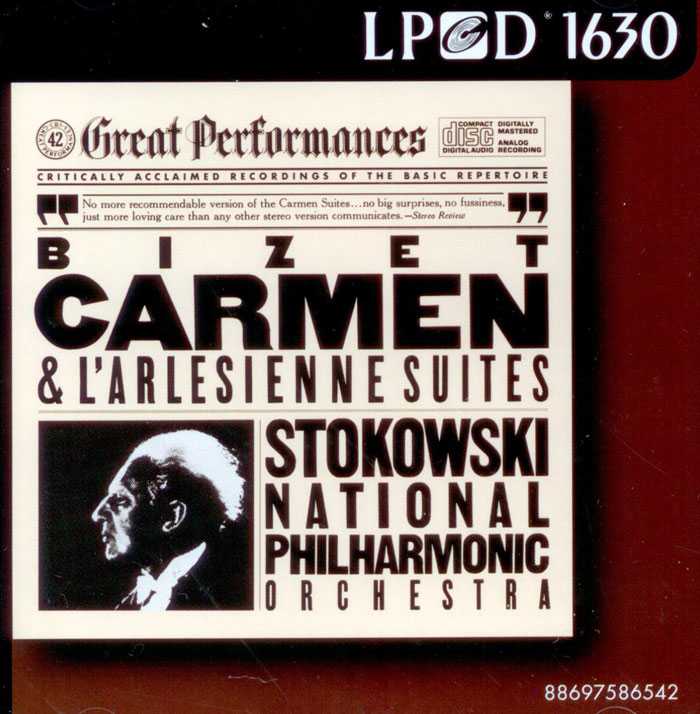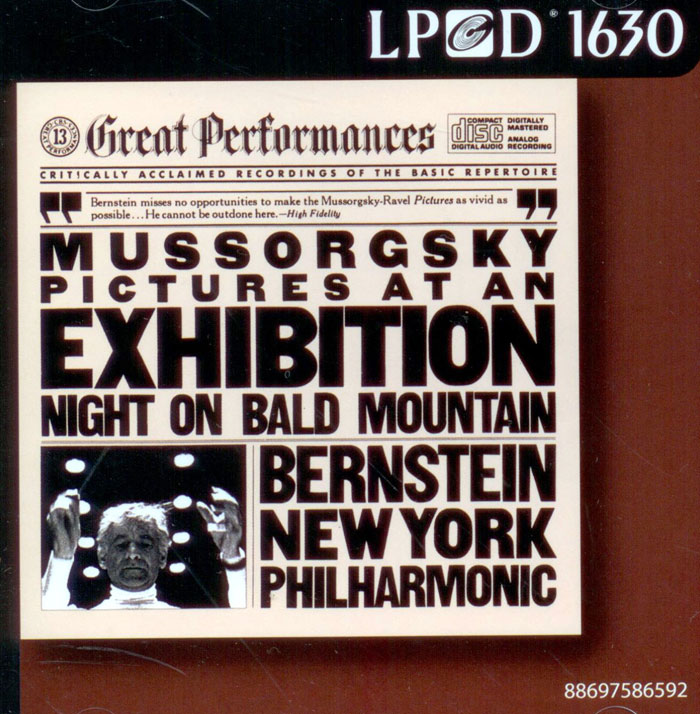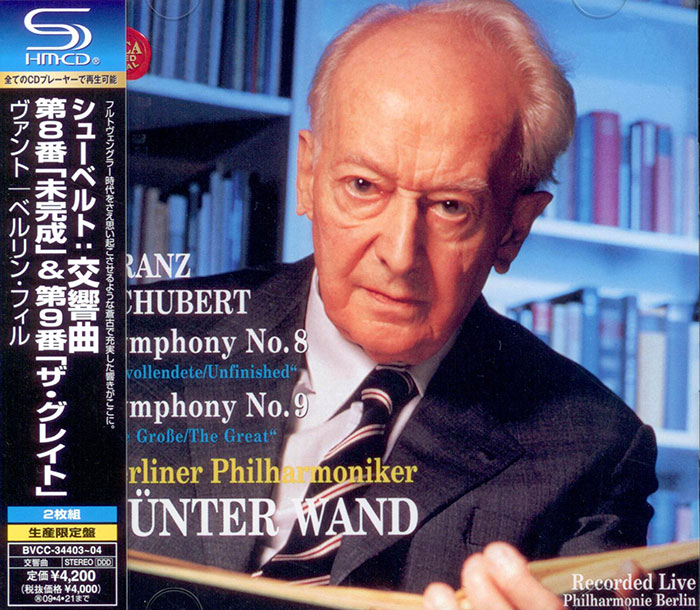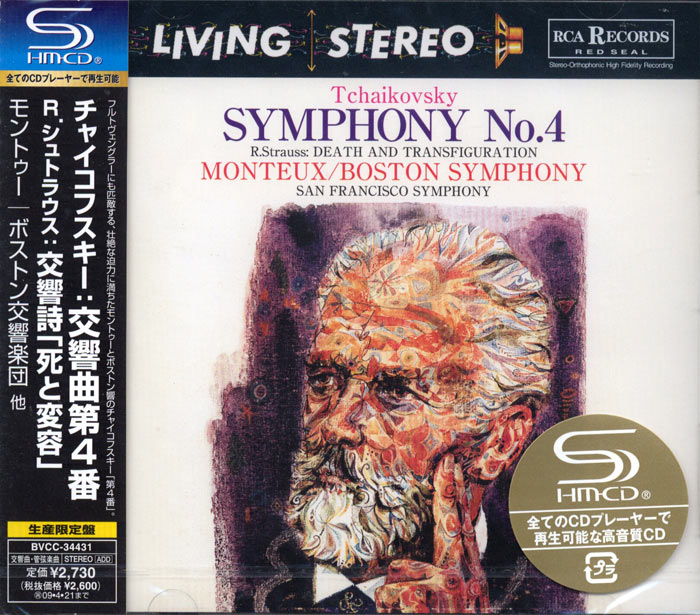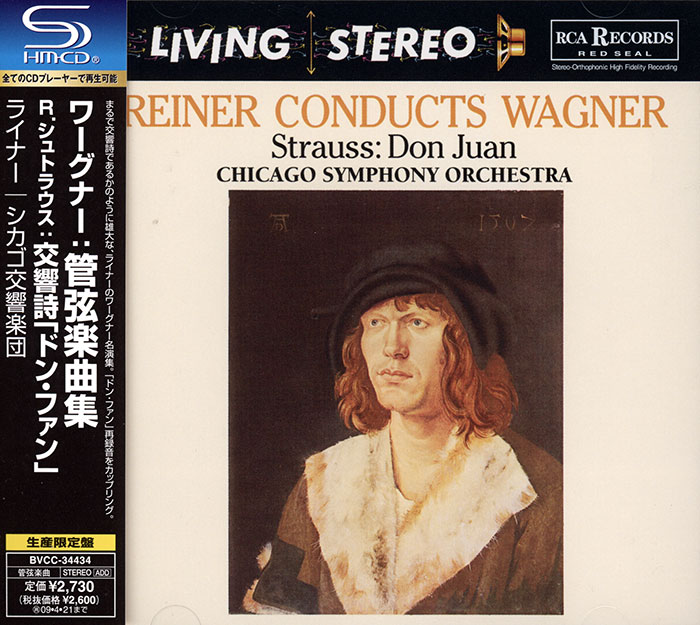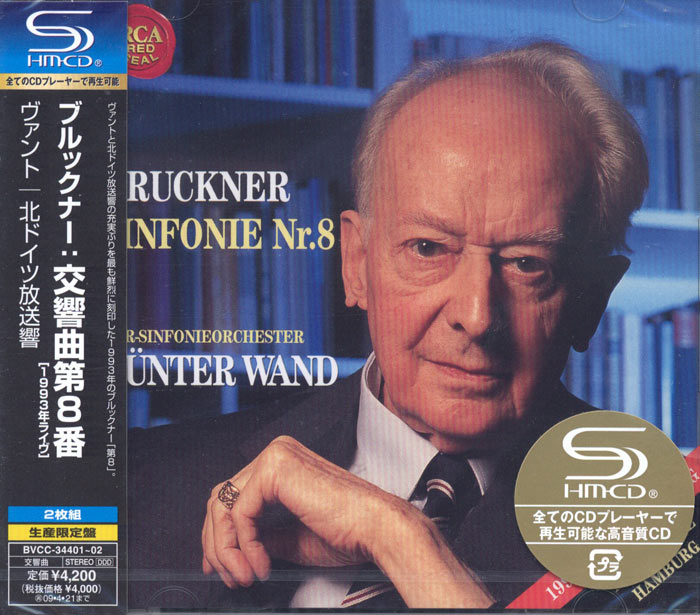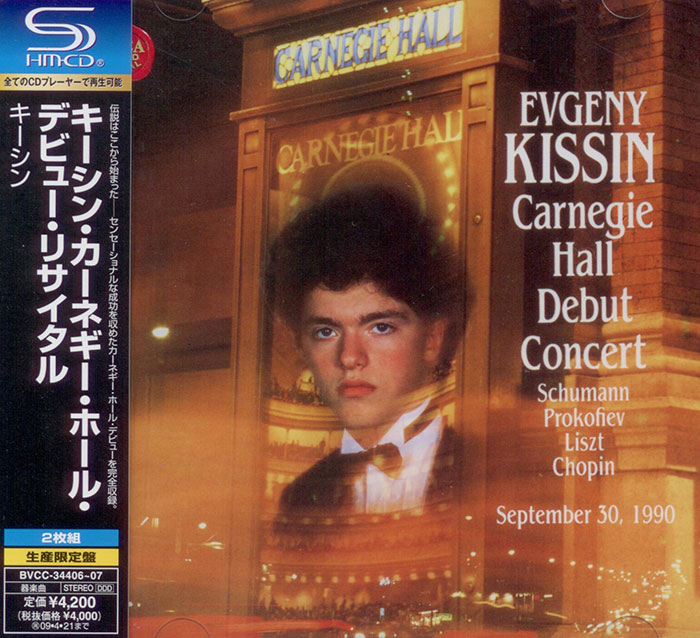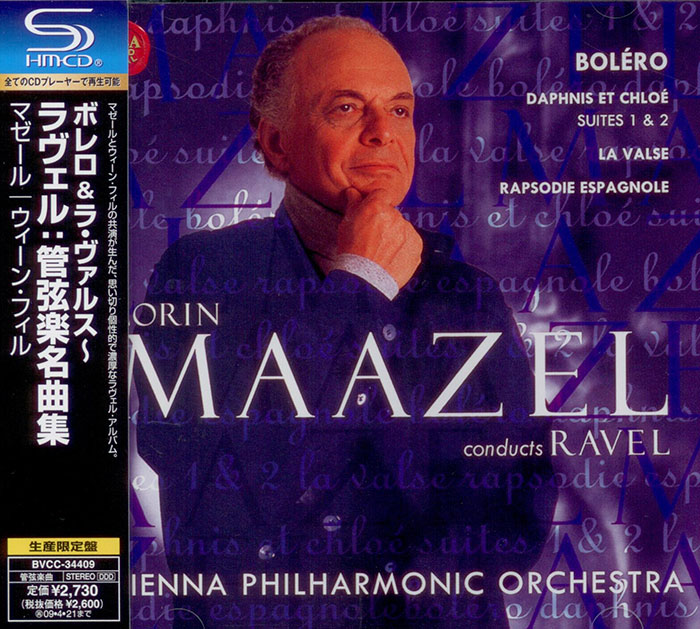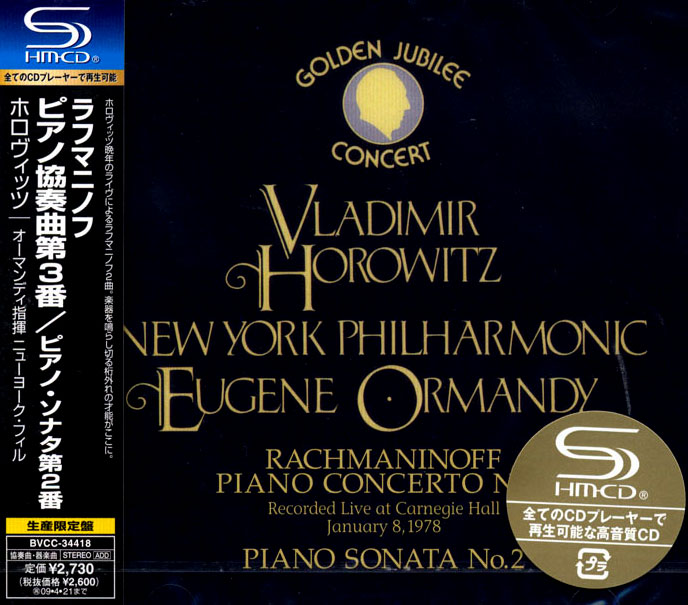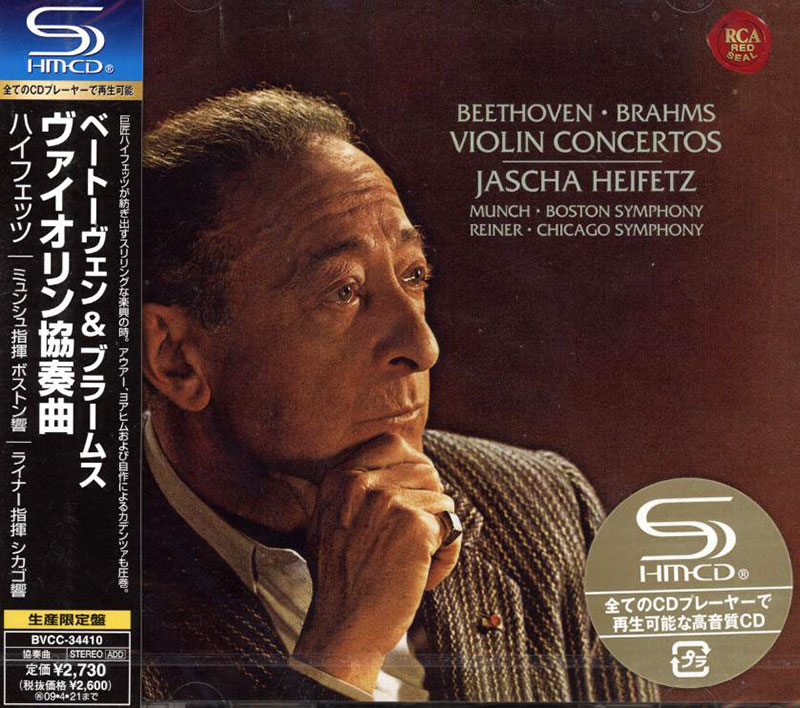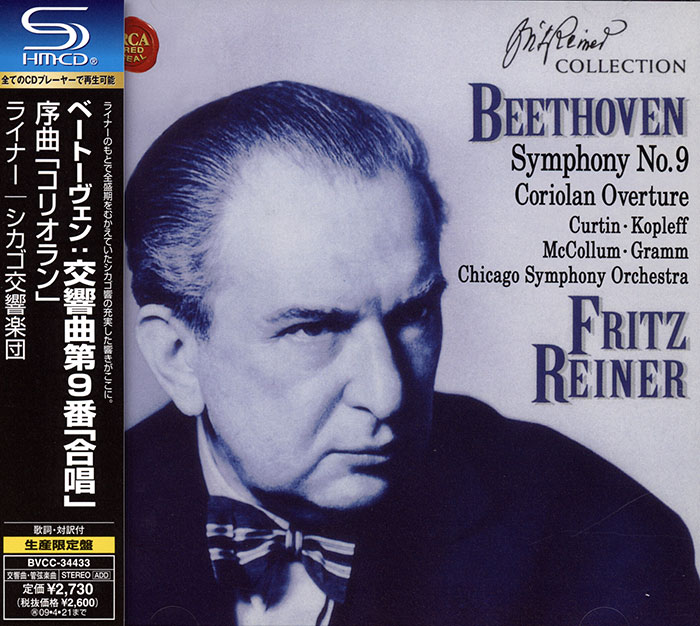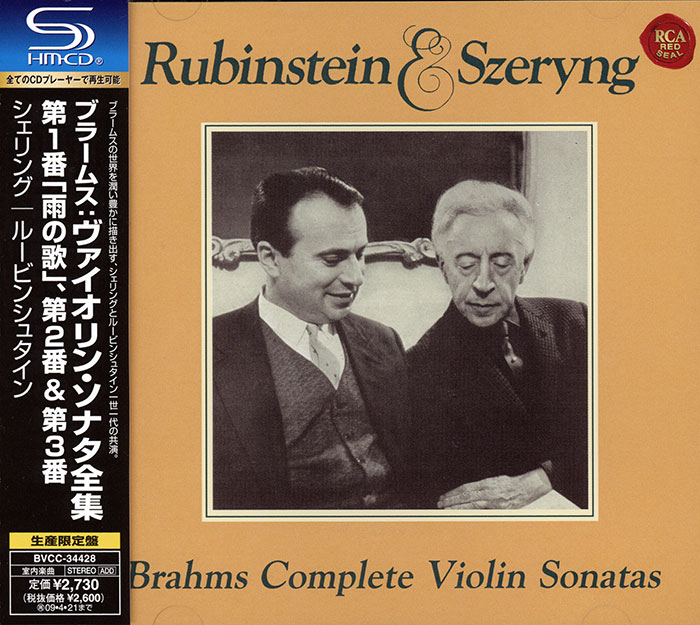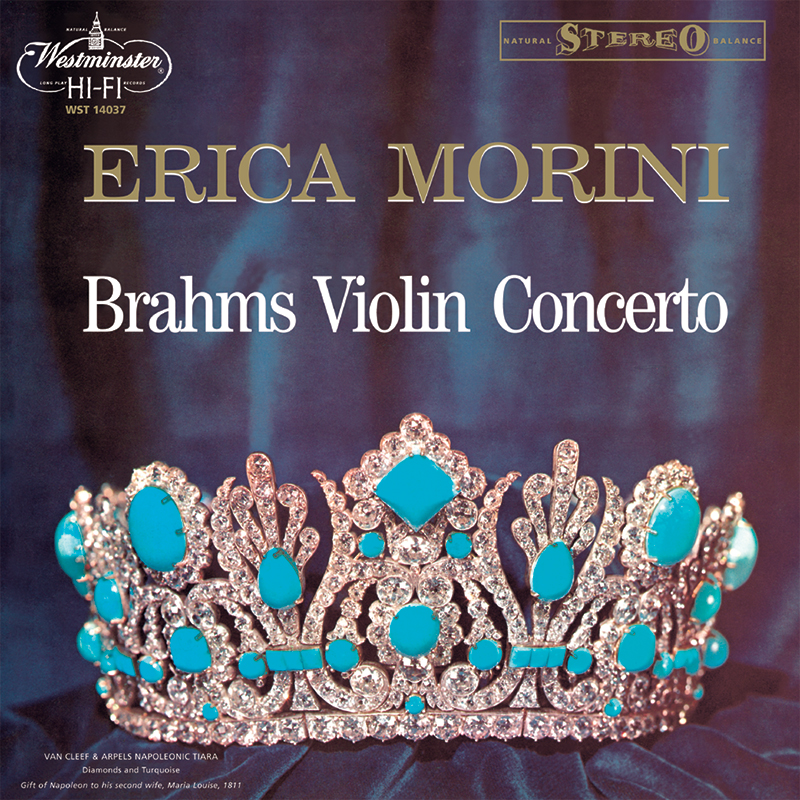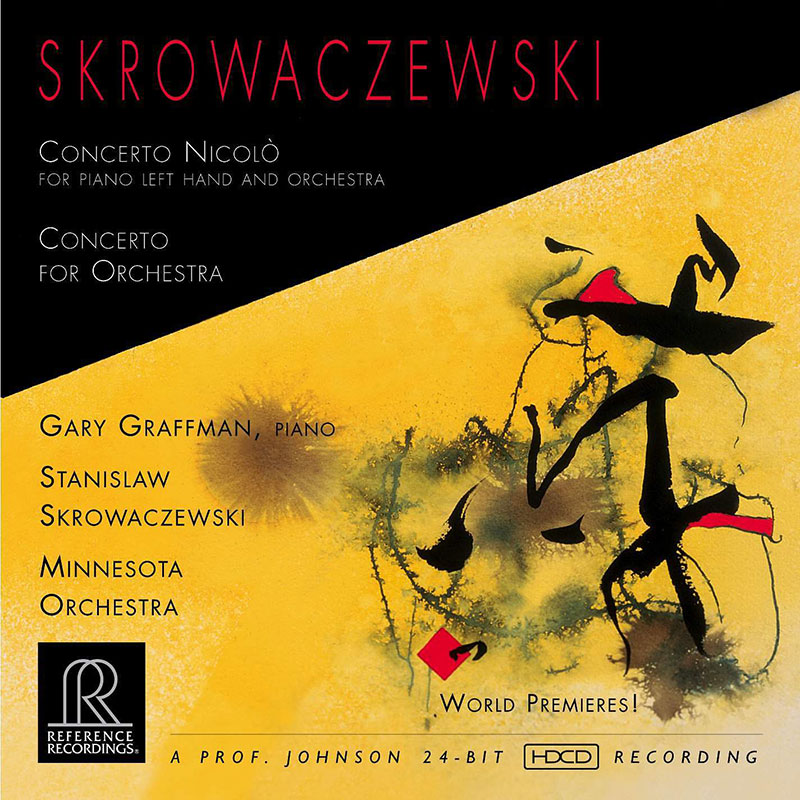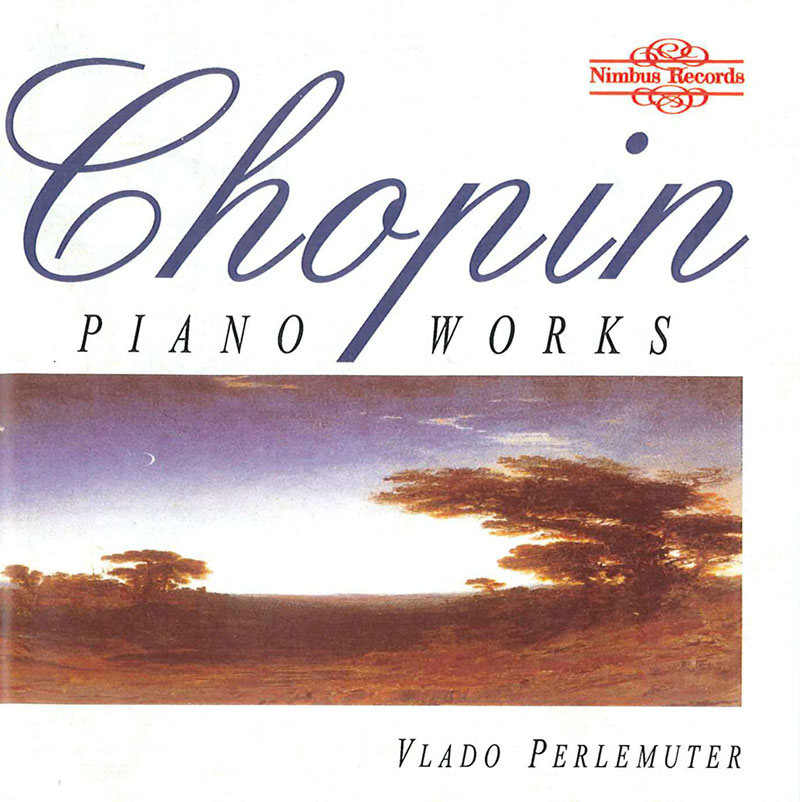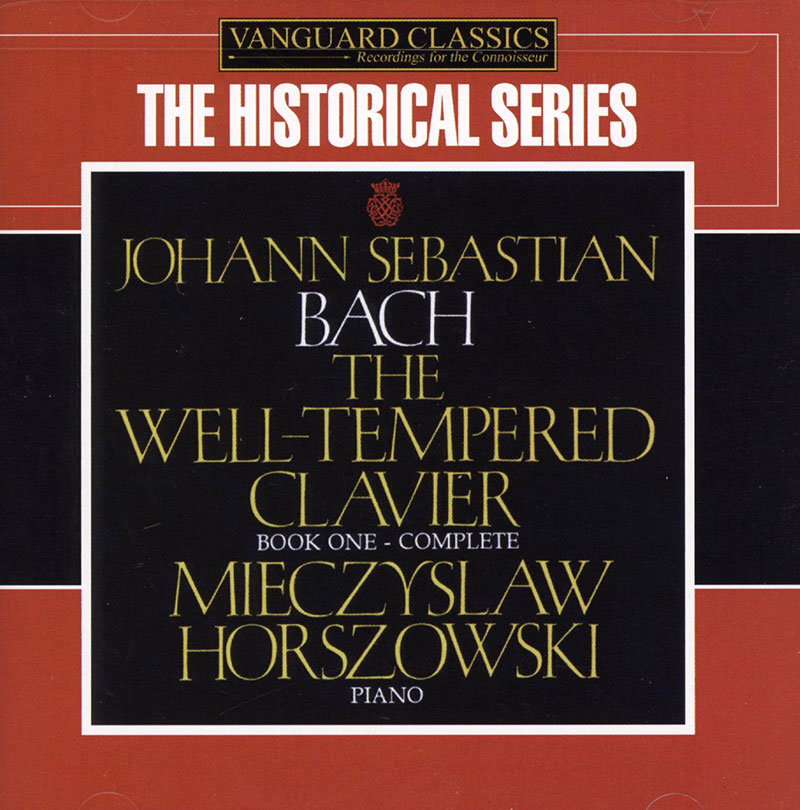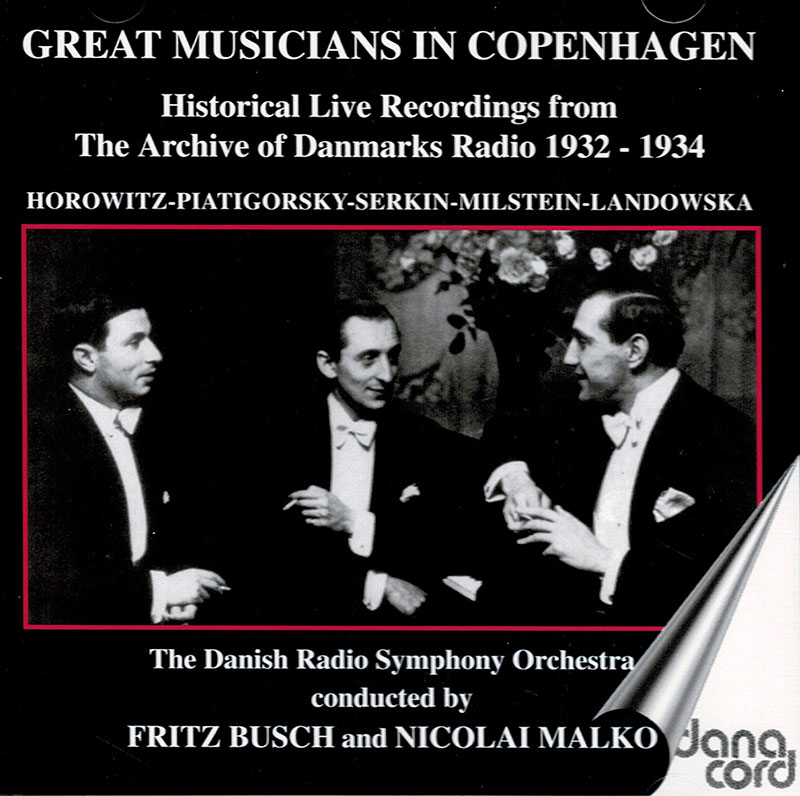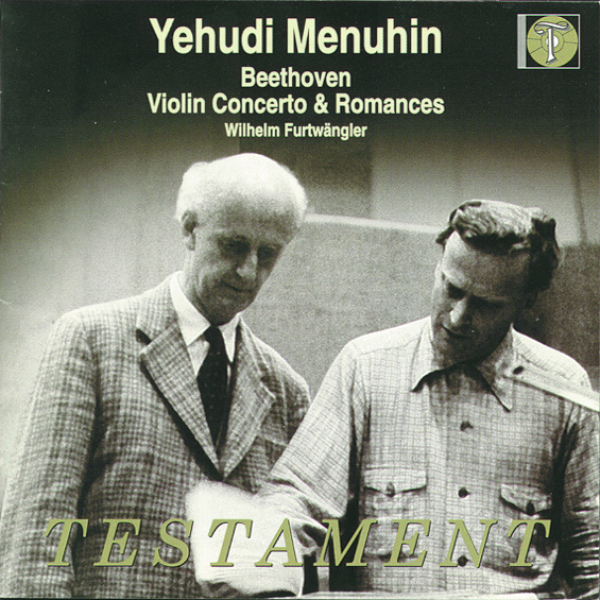Logowanie
Dlaczego wszystkjie inne nie brzmią tak jak te?
ENCYKLOPEDIA arcydzieł
SCHUMANN, PROKOFIEV, LISZT, CHOPIN, Evgeny Kissin
Carnegie Hall Debut Concert - September 30, 1990
Jeden z najbardziej spektakularnych debiutów ostatniego półwiecza!
Winylowy niezbędnik
ClearAudio
Cartridge Alignment Gauge - uniwersalny przyrząd do ustawiania geometrii wkładki i ramienia
Jedyny na rynku, tak wszechstronny i właściwy do każdego typu gramofonu!
ClearAudio
Harmo-nicer - nie tylko mata gramofonowa
Najlepsze rozwiązania leżą tuż obok
IDEALNA MATA ANTYPOŚLIZGOWA I ANTYWIBRACYJNA.
Osobowości
SKROWACZEWSKI, Stanislaw Skrowaczewski, Minnesota Orchestra
Concerto Nicolo for piano left hand and orchestra
WORLD PREMIERE!
BEETHOVEN, Yehudi Menuhin, Orchestra e Coro del Festival di Lucerna, The Philharmonia Orchestra, Wilhelm Furtwangler
Violin Concerto and Romances
- 1. Violin Concerto In D Major,Op.62: I. Allegro ma non troppo
- 2. Violin Concerto In D Major,Op.62: II. Larghetto
- 3. Violin Concerto In D Major,Op.62: III. Rondo (Allegro)
- 4. Romance No. 1 In G Major, Op. 40
- 5. Romance No. 2 In F Major, Op. 50
- Yehudi Menuhin - violin
- Orchestra e Coro del Festival di Lucerna - orchestra
- The Philharmonia Orchestra - orchestra
- Wilhelm Furtwangler - conductor
- BEETHOVEN
Made when Menuhin was in his 30s, this recording catches him at his incomparable peak. His technique is effortless, smooth, and perfect, but it is his tone that is truly breathtaking in its intensity, radiance, purity, and personal expressiveness. The low register glows warmly, while the top has a celestial shimmer. Playing from deep inside the music, he emphasizes the improvisatory freedom of the Romances, especially the second one, making them dreamy, warm, urgent, ecstatic, ethereal, and almost too romantic. The Concerto, too, has a wonderful, flexible spontaneity combined with a grand conception; each theme has its own character: the passage-work plays around the melodies in the orchestra, the slow movement is serene and inward, and the Rondo is sprightly and full of life. The virtuosity of the Kreisler cadenzas never overshadows their musical substance. Furtwängler's approach is fascinatingly different from today's in its imaginative freedom: tempos change for every theme and every mood, and speeds increase and decrease along with the dynamics, yet these liberties sound completely natural and organic, enhancing rather than distorting the music. Salvatore Accardo's very different recording of the same works makes for an interesting comparison: classically austere, noble, inwardly expressive without outward changes, restrained in tempo and feeling, it is entirely convincing. (Edith Eisler)
